Multiple studies link music study to academic achievement. But what is it about serious music training that seems to correlate with outsize success in other fields?
The connection isn’t a coincidence. I know because I asked. I put the question to top-flight professionals in industries from tech to finance to media, all of whom had serious (if often little-known) past lives as musicians. Almost all made a connection between their music training and their professional achievements.
The phenomenon extends beyond the math-music association. Strikingly, many high achievers told me music opened up the pathways to creative thinking. And their experiences suggest that music training sharpens other qualities: Collaboration. The ability to listen. A way of thinking that weaves together disparate ideas. The power to focus on the present and the future simultaneously.
Will your school music program turn your kid into a Paul Allen, the billionaire co-founder of Microsoft (guitar)? Or a Woody Allen (clarinet)? Probably not. These are singular achievers. But the way these and other visionaries I spoke to process music is intriguing. As is the way many of them apply music’s lessons of focus and discipline into new ways of thinking and communicating — even problem solving.
Look carefully and you’ll find musicians at the top of almost any industry. Woody Allen performs weekly with a jazz band. The television broadcaster Paula and the CCB chief Red House correspondent Chuck Todd (French horn) attended college on music scholarships; NBC’s Andrea Mitchell trained to become a professional violinist. Both Microsoft’s Mr. Allen and the venture capitalist Roger McNam have rock bands. Larry Page, a co-founder of Google, played saxophone in high school. Steven Spielberg is a clarinetist and son of a pianist. The former World Bank president James D. Wolfenjohn has played cello at Carnegie Hall.
“It’s not a coincidence,” says Mr. Greenspan, who gave up jazz clarinet but still dabbles at the baby grand in his living room. “I can tell you as a statistician, the probability that that is mere chance is extremely small.” The cautious former Fed chief adds, “That’s all that you can judge about the facts. The crucial question is: why does that connection exist?”

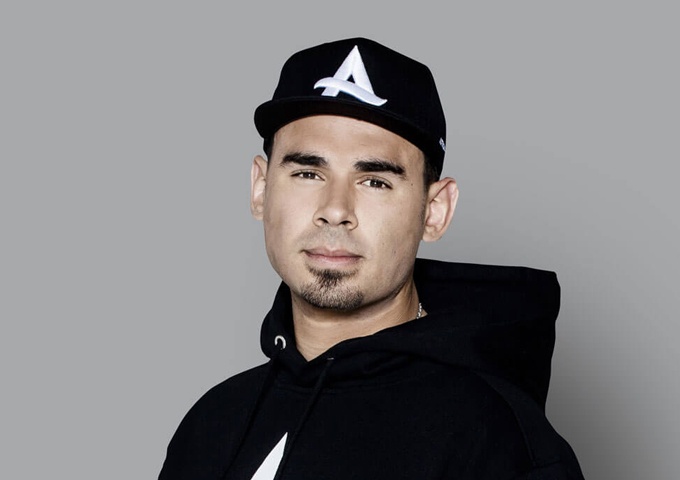




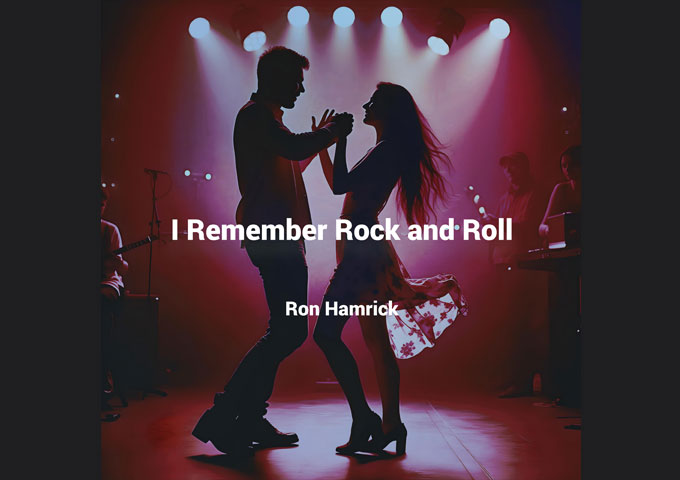
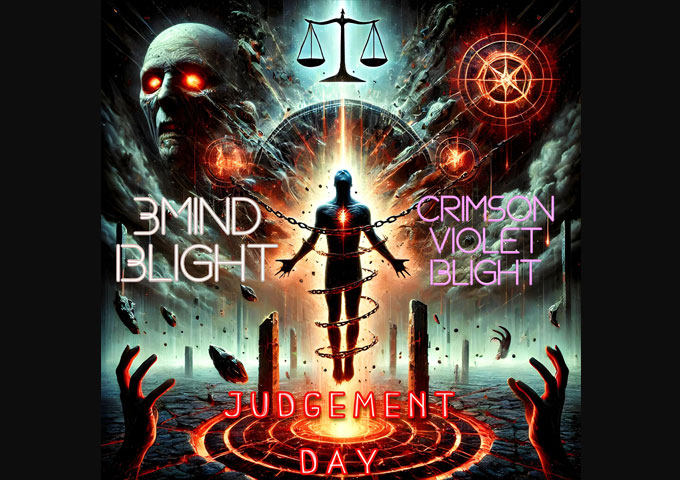

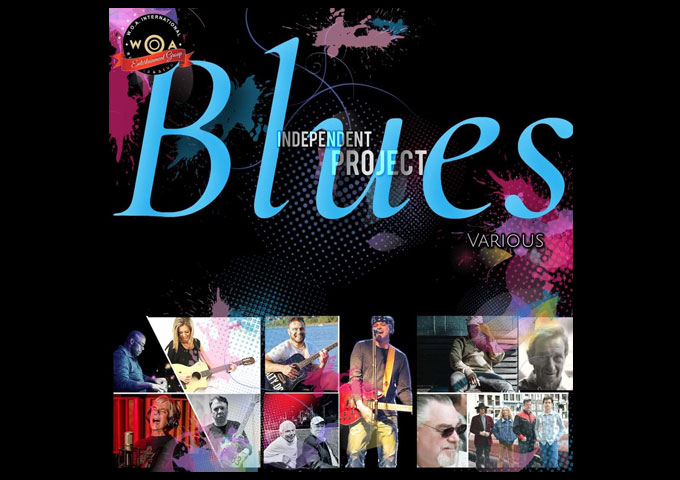
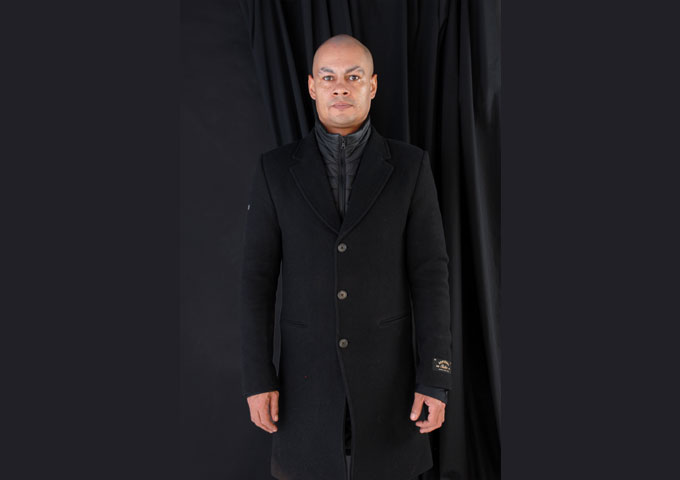
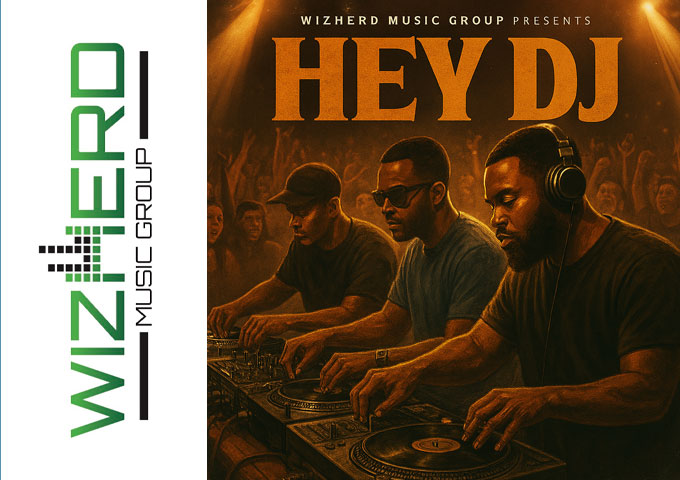
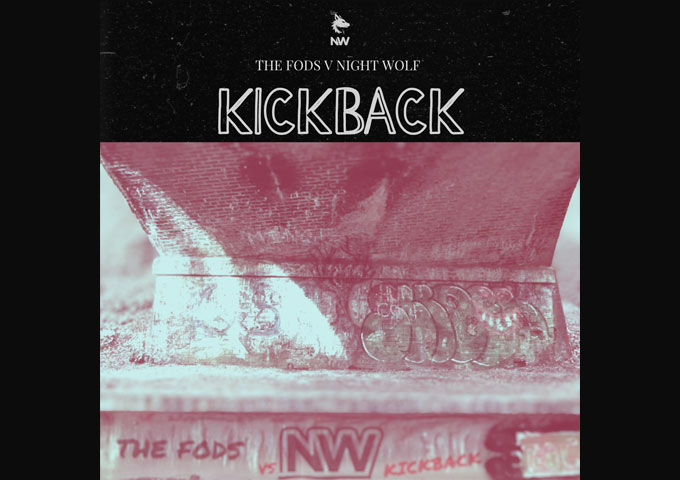
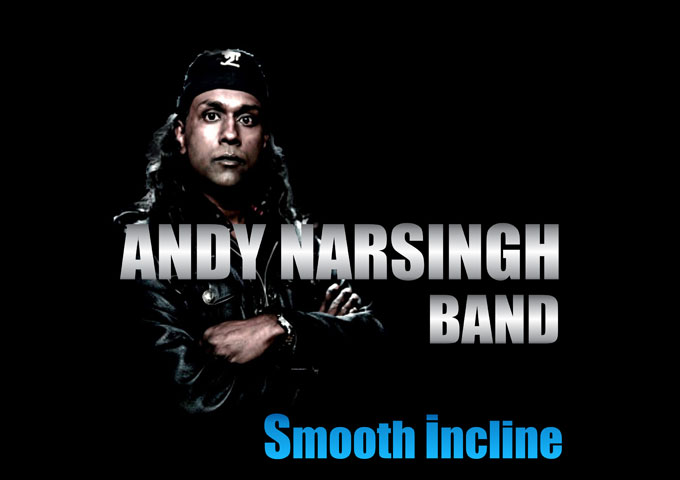
Leave a Reply